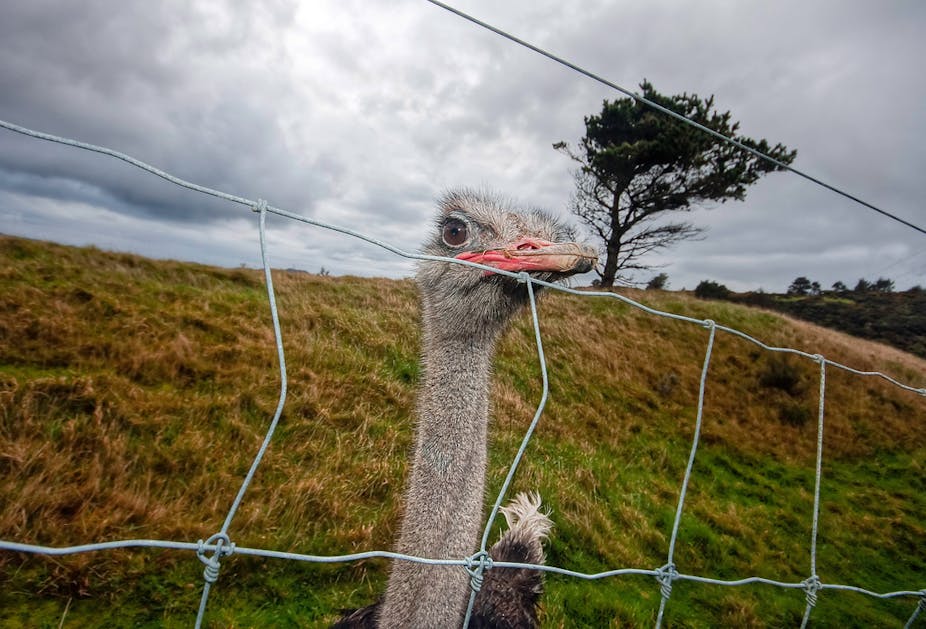Everyone who starts a business dreams of success. After all, unless they believe in their idea or product why would they expect others to want it?
All too frequently the biggest problem for these entrepreneurs is they invest so much of their time and money that success cannot come soon enough to ensure survival.
But for some firms, success can come so rapidly that it causes more problems than it solves.
Take, for instance, Need a Cake bakery in London. After offering a generous discount on cupcakes through joint-purchasing website Groupon, the small business found itself having to make 102,000 cupcakes to fulfil orders. Agency staff were drafted in, cakes were sold at a loss, and the shop’s annual profits were wiped out. What started as a nice side earner soon turned into the “worst business decision” the bakery’s owner had ever made.
Sometimes businesses can be swamped by an unexpected recommendation from elsewhere. This was the case in late 2012 for San Francisco-based online fashion company American Giant. After being in business for only eight months the retailer suddenly experienced a surge in demand so great that all of its stock sold out and it couldn’t make replacements fast enough to cope.
American Giant’s success was a result of the online magazine Slate publishing an article which described their hooded sweatshirt as “the greatest hoodie ever made.” What followed was a deluge of orders worth half a million dollars, meaning American Giant had a great many potential customers who were left disappointed.
American Giant and Need a Cake are both examples of a phenomenon that has been described as “Catastrophic Success”, where a very sudden and unanticipated demand for a product plays havoc with business models.
The latest example of catastrophic success is smartphone game Flappy Bird. Designed by Vietnamese developer Dong Nguyen and first released in May 2013, the game is simple but notoriously difficult and addictive.
After a slow start, the game went viral in 2014 and remained immensely popular. At its peak Flappy Bird made its creator up to US$50,000 (£30,000) a day through in-game advertising.
Thus it came as something of a shock when Nguyen recently removed the game from online stores and announced it would no longer be available. He stated the interest that Flappy Bird created had overwhelmed him and ruined his “simple life”. A game he created in only three days, intended to be played for a few minutes of fun, had spun off into something he could not handle.
While Nguyen cited the game’s addictiveness as the reason he shut it down, others have suggested his decision was motivated more by the potential for claims of intellectual property infringement by other game owners. Of course, without its recent success it is likely Nguyen’s creation could have happily flapped along below the radar indefinitely. Nguyen could have had his few moments of fun, and rival developers would have been none the wiser.
Large games manufacturers will undoubtedly attempt to create alternatives to Flappy Bird. Whether they prove as popular and, of course, as lucrative, will be interesting.
Nguyen’s utterly incredible success has demonstrated that it is still possible to be an outsider in a world dominated by the large corporations. But it also shows that such incredible success brings a downside.
Many will wonder why he didn’t allow the game to continue for as long as possible and simply let the advertising money flow in and make him fabulously wealthy. But Nguyen’s decision should be applauded as a demonstration of the fact that one person can exhibit the conscience and morality that is all-too-lacking among the behemoth companies whose only motivation is profit. Maybe for him success wasn’t such a catastrophe, after all.

